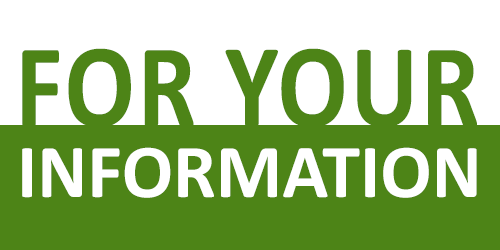Clerk-Recorder-Assessor-Registrar of Voters
Paid Off Deeds

Important Notice
 This information is a generalization, and is not intended to give information about any specific circumstances. This summary has been provided for your convenience. However, the Clerk-Recorder’s Office cannot give legal advice and, therefore, suggest that you contact your
own legal advisor to assist you.
This information is a generalization, and is not intended to give information about any specific circumstances. This summary has been provided for your convenience. However, the Clerk-Recorder’s Office cannot give legal advice and, therefore, suggest that you contact your
own legal advisor to assist you.
In California, many people sign a Deed of Trust to finance their house purchase. A Deed of Trust is commonly referred to as a mortgage.
A Deed of Trust is a three party document prepared, signed and recorded to secure repayment of a loan. The Borrower (property owner) is named as “Trustor,” the Lender is called the “Beneficiary,” and a third party is called the “Trustee.” The Trustor grants the property “in trust with power of sale” to the Trustee to secure payment to the Beneficiary. The Trustee has the right to foreclose or transfer title if the borrower defaults on the loan.
If the Trustee is changed at any time, the lender will record a Substitution of Trustee. A Substitution of Trustee substitutes a new third party with rights to the legal title. The Trustee does not become involved in the transaction until the Beneficiary notifies them that payment of the Deed of Trust is delinquent or that it is paid in full.
Generally, when the borrower pays off the loan, the Trustee will record a Reconveyance. A Reconveyance releases the lender’s lien from the property and reconveys the rights and title held by the Deed of Trust on the property to “the party entitled thereto.” Although ownership of the property may have changed during the term of the Deed of Trust, the Reconveyance must show the name(s) of the original Trustor. The “party entitled thereto” is generally the present owner of the property.
Sometimes the Substitution of Trustee and Reconveyance are separate documents, and sometimes they are combined. Once a document has been recorded, it will be mailed as instructed on the document.
The original deed to the property has not been altered, and is the same deed that the property owner would have received after the original purchase of the property. No new deed is generated and no copy of the existing deed is mailed when a loan or obligation is paid off.
Copies of the original deed, deed of trust, substitution of trustee and full reconveyance, once recorded, are available to purchase at the Sonoma County Clerk-Recorder’s Office or online.